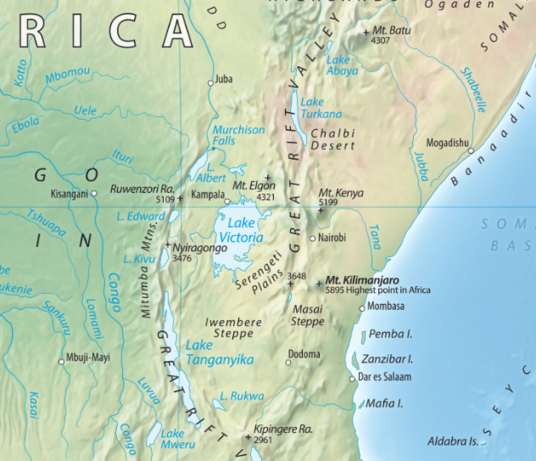
P139_Uganda
Regional climate change impact and mitigation strategies in East Africa
Cooperating countries: Uganda and Austria
Coordinating institution: Paris Lodron Universität Salzburg, Stefan Lang, stefan.lang@plus.ac.at
Partner institution: Makerere University
Project duration: 1 June 2024 - 31 May 2026
Budget: EUR 19.400
Abstract:
Being part of the European university alliance “CIVIS”, Makerere University and Paris Lodron Universität Salzburg share aspirations to deepen existing collaborations between the two institutions. Within CIVIS, funding for mobilities and research activities are mainly directed to European institutions; thus, this project shall complement the engagement across continents and foster the inclusion of African partners in concrete joint actions. Framed in such a partnership, social innovation shall lead towards more inclusive and sustainable solutions.
The thematic focus is on climate change (CC) cumulative effects applying a regional perspective (East Africa and Uganda in particular), by (re-)analysing and integrating the different environmental, socio-political, and agro-economic components in a multidisciplinary manner. Insights shall stimulate stakeholder engagement and policy-oriented solutions. As an overall aim of this project, courses and research activities shall familiarize students with the intricacy of decision making in the context of CC mitigation when dealing with a plurality of interests in balancing out target conflicts.
As such this transdisciplinary project unites aspects from natural science to social science and health-related issues up to international law, integrated by an explicit spatial (i.e., geographical) perspective. The activities fully comply with policy requirements and strategic recommendations on various levels (UN SDGs, the African Union’s Agenda 2063, the EU-Africa strategy, the national development plan Vision 2024, etc. and addresses the cross-cutting issues at Makerere University’s College of Agricultural and Environmental Sciences, namely (i) advanced agricultural and food systems and (ii) environmental and climate resilience.